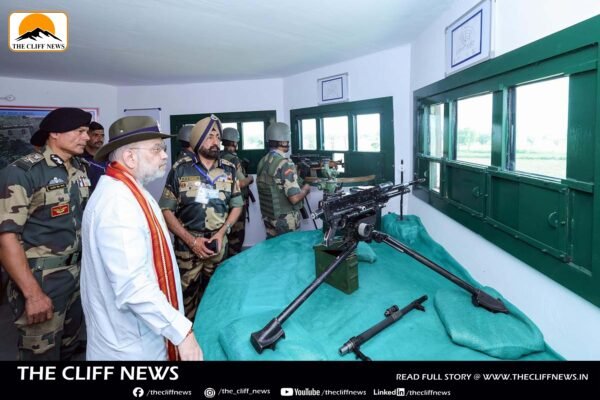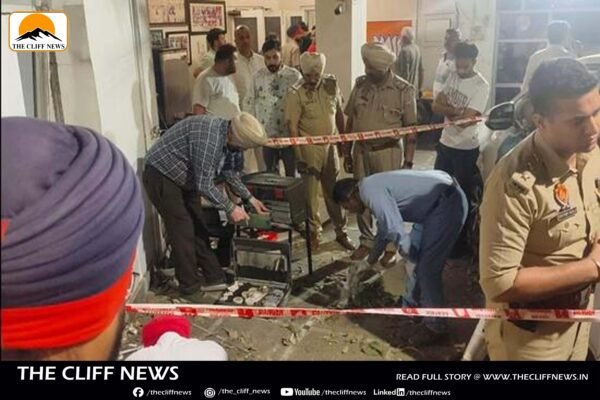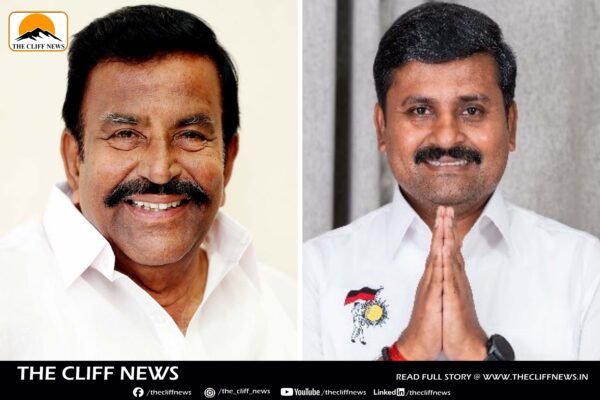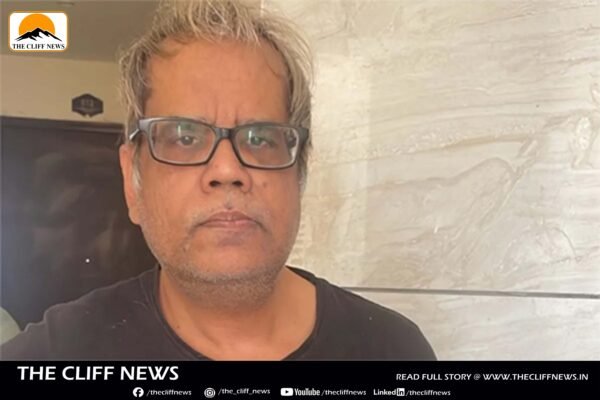Kashmir: Senior Hurriyat Leaders Renounce Separatism Amid Amit Shah’s Visit
In a significant development coinciding with Union Home Minister Amit Shah’s visit to the Kashmir Valley, three senior separatist leaders have publicly renounced separatism and distanced themselves from Hurriyat Conference factions, signaling a marked shift in the region’s political narrative. The leaders — Mohammad Yousuf Naqash (Islamic Political Party J&K), Hakeem Abdul Rashid (Muslim Democratic League J&K), and Bashir Ahmad Andrabi (Kashmir Freedom Front) — were all formerly affiliated with the Hurriyat faction led by Mirwaiz Umar Farooq. In similarly worded statements, the trio declared allegiance to the Constitution of India and made it unequivocally clear that they no longer support separatist ideologies or entities such as the All Parties Hurriyat Conference (APHC). “My organization and I have no connection whatsoever with APHC factions or any entity pursuing separatist agendas. We are loyal citizens of India and owe allegiance to the Constitution,” read their statements. They further warned that any misuse of their names in association with separatist groups would be met with legal action. They emphasized that their departure from the separatist fold was due to the failure of APHC to effectively address the aspirations and grievances of the people of Jammu and Kashmir. A Broader Trend This renunciation is part of a growing wave of public exits from separatist politics in the Valley over the past month. It marks a historic shift — the first time since the 1990s insurgency that multiple separatist leaders have voluntarily denounced the separatist movement in such open terms. Union Minister Amit Shah has previously welcomed such moves, posting on X that “Separatism has become history in J&K”, reflecting the government’s long-standing effort to integrate the region more closely with the rest of India. Background on APHC Formed in 1993, the All Parties Hurriyat Conference (APHC) was a coalition of over 20 political, religious, and civil society groups advocating for the resolution of the Kashmir issue, often citing UN resolutions. Over time, its internal divisions and diminishing influence have led to a weakening of its political relevance. With this latest development, it appears that a new chapter may be unfolding in Jammu and Kashmir’s political landscape, one that could significantly alter the narrative around conflict, identity, and reconciliation in the region.






